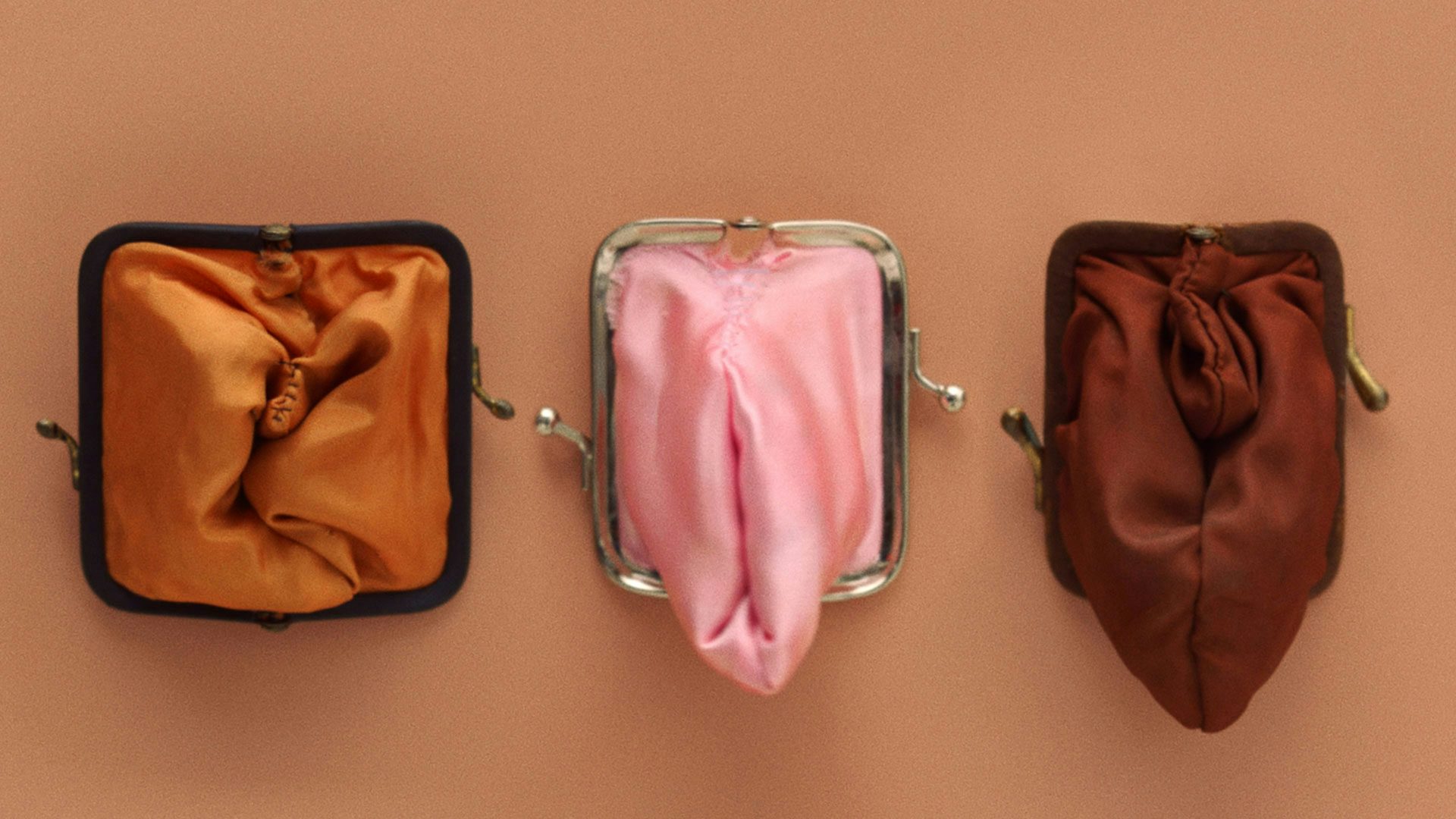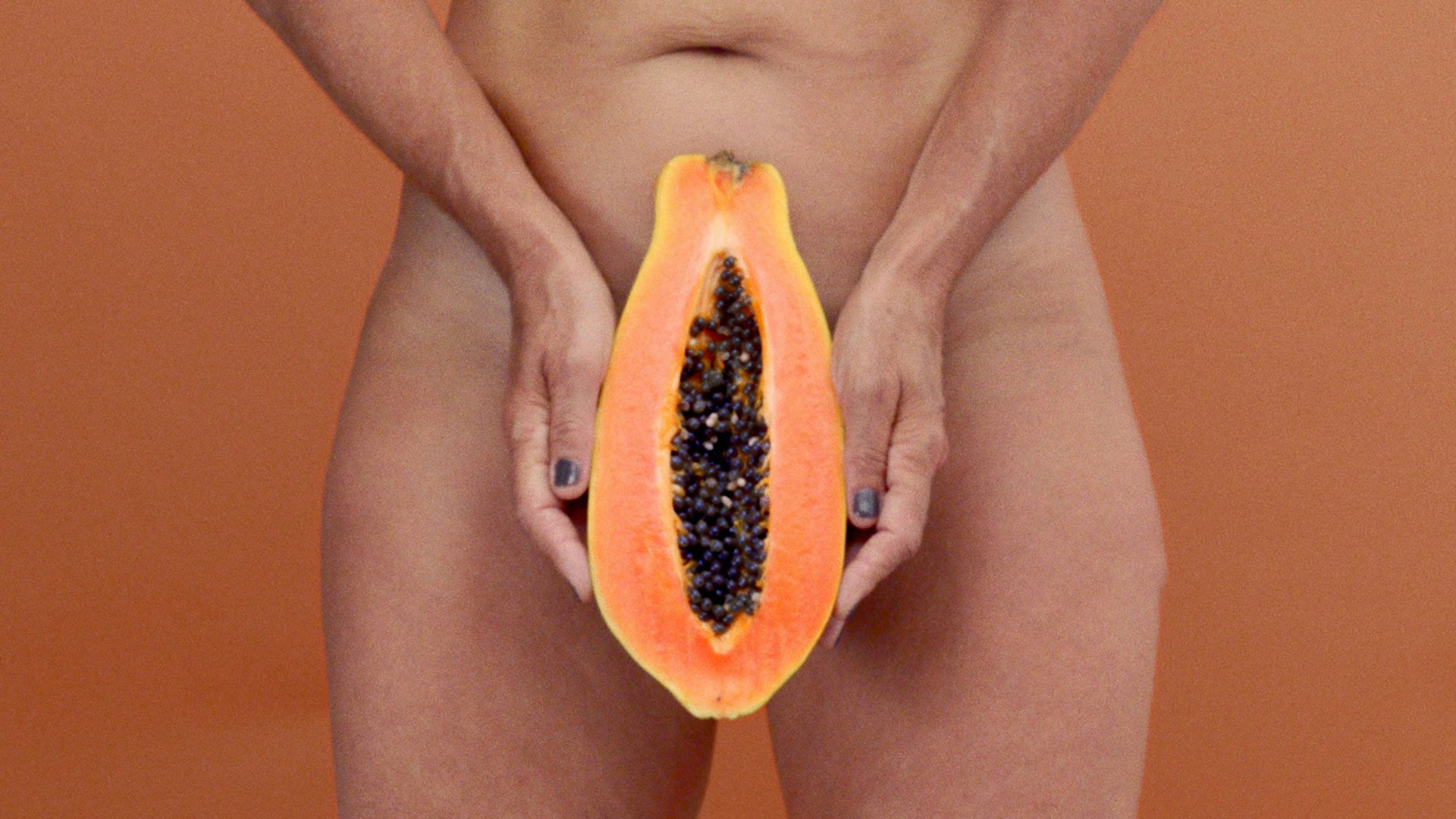How Libresse got us talking about vulvas
Feminine hygiene brand Libresse showed us what good advertising is all about with Viva La Vulva. As a part of our Annual 2019 coverage, we look at what made the campaign so successful and its place in the wider discourse on women’s rights
In 2017, feminine hygiene brand Libresse, owned by Essity and known as Bodyform in the UK, put itself on the map with a campaign called #BloodNormal. Created by AMVBBDO, this spot won applause for showing realistic looking red blood instead of picturing the blue mystery substance that’s long been the TV version of a period. For breaking the norm and daring to correct the wrong, Libresse positioned itself as a risktaker in the sector.
The honest depiction of a woman’s period – a women asking a friend for a pad at a dinner table, the pain of cramps, blood tricking down a leg – was met with a resounding “Yes! Finally!” by consumers, the media and award schemes. The brand has taken a similarly provocative stance in other markets as well, their 2018 Men-struation campaign for Malaysia urged men to understand periods better, releasing a series of videos educating men about things like the different type of sanitary products available or how to support a woman on a period.
The #BloodNormal campaign won several awards and praise in the media, and Libresse went from being one of AMVBBDO’s smaller accounts to one of its most high-profile ones, the agency told us. As expected, there was pressure to continue delivering blockbuster campaigns for the brand. Late last year, the brand released a hilarious spot called Viva La Vulva, urging women to love their lady parts and celebrating the sheer variety of vulvas out there. Another masterstroke from ad agency AMVBBDO this brilliant campaign treated the subject with a dose of humour that minimised all the awkwardness around the privates.
The objective of the campaign was to introduce a new range of daily intimate care products, namely washes and wipes, to the Nordic countries. “As a challenger brand in this category, we wanted a campaign that would disrupt and challenge the taboos and stereotypes that we had been used to seeing in advertising,” says Martina Poulopati Gerhard, Global Brand Communications Manager at Essity. “We didn’t want to start selling our intimate care products by projecting more insecurities and shame onto women. We wanted to flood the world with vulva positivity and that’s exactly what this campaign did,” she says.
We wanted a campaign that would disrupt and challenge the taboos and stereotypes that we had been used to seeing in advertising
A celebration of self-love, body positivity and diversity, the film features a range of vagina-esque objects such as conch shells, fortune cookies, coin purses and more, all singing along to Camille Yarbrough’s Take Yo’ Praise (sampled in Fatboy Slim’s track Praise You). The lip-syncing vaginas look unmistakably cheerful, and their joy is infectious; it’s hard not to crack a smile while you watch the ad.
We spoke to Creative Director Toby Allen, Strategy Director Margaux Revol and Sara Abaza, Board Account Director at AMVBBDO about why they chose this light-hearted approach. They tell us it came down to the nature of the product being marketed in the campaign; “Intimate care is a category that doesn’t necessarily solve a need as obvious as periods. It’s more a choice, about whether you want to care for your genitals in that way or not,” Revol explains. Libresse was keen to not position the product category as a need, and this offered the agency some creative freedom.
It seems so simple; talk seriously about a product every woman needs, and make light about a product women can choose to use if they so fancy. And yet, Revol points out, traditional sanitary product ads show women prancing around and doing yoga, while feminine hygiene washes, sprays and wipes attempt to position a fragrant, pH-balanced vagina as a dire necessity, which it is not. “While period ads were not serious enough, the opposite is true of intimate care. They tell you ‘if you need something for down there, you must have something wrong with you’,” says Revol. AMVBBDO and Libresse flipped the script, or rather, corrected the wrong.
The campaign was reportedly a result of research which revealed that 68% of women don’t know what their own vulva is, a worrying increase in the number of women and girls seeking labiaplasty, and accounts of women feeling too embarrassed to get smear tests. With this campaign Libresse hoped to normalise conversations about vaginal health and remind women that there is no such thing as a perfect looking labium. It encourages establishing a relationship of love with your vulva; even picturing a woman observing her vagina in a mirror and mouthing the words ‘I love you’.
When the product has nothing to do with the purpose, you end up in Pepsi land.
Also noteworthy is the wide range of body types, ages and ethnicities featured in the film. Adding even more to the relatability of campaign is a series of vox pop-esque clips where girls and women talk about their personal experiences with vulva-related embarrassment or misconceptions and taboos.
“In order to keep the brand fresh and to make culture, you do have to keep reinventing yourself each time, but when you have that North Star of a purpose it’s a great place to be [as an agency],” Allen explains. “When there is a direct connection between the product the brand makes and what it does in your daily life, and the advertising and communication all setting out to do the same things, that’s when purpose becomes powerful. When the product has nothing to do with the purpose, you end up in Pepsi land.”


There is a lot being said about menstrual rights and women’s rights and body image right now, and Libresse’s message fits well within these conversations. Applause for the campaign was therefore perhaps amplified by the existing socio-political climate.
While the campaign was launched in a relatively small market, there’s been a fair bit of cultural noise around it so far unrestricted by national borders. Poulopati tells us that from Essity’s analysis, the campaign received five million organic views in the first week and 96% positive feedback in Sweden. In terms of actual measurable success, the brand now has nearly 40% market share in the intimate wipes and wash category in Sweden, post Viva La Vulva.
However, the impact of the advertising goes even beyond market share and revenue, says Allen. Ultimately, he says, it’s about shifting culture. “My creative partner (Jim Hilson) and I firmly believe in this day and age creativity can and should be used for good and that doesn’t necessarily mean we are morally righteous or ethically unimpeachable, it just means you try and use the power advertising and communications has to shift the needle culturally,” he explains.
Viva la vulva! It’s about time we give our lady parts some credit, and that also goes for how we smell down there. A vagina is not supposed to smell like a flower but like, well, a vagina. That scent makes you who you are. And what’s not to love about that!
????: @studiogarcia pic.twitter.com/2KCCnvXSD0
— Marlies Dekkers (@marliesdekkers) 22 April 2019
Viva la vulva#vivalavulva pic.twitter.com/uOx355mXft
— Eната (@Bozinovska1946) 6 April 2019
This is harder to measure, explains Revol. “But the fact that a lot of competitors in the last year have started using red liquid in ads, it’s something unmistakably due to Blood Normal,” she says. Kotex’s campaign for Argentina is one such example, released as a part of their #EllaPuede (She Can) campaign.
“A similar thing has happened on Viva La Vulva, not necessarily about changing the category but the Evening Standard ran a piece around body positivity and the central image for that was a still from our film. We’ve seen this in a few different media publications, where imagery from our campaign is used as a cultural signifier for related topics that they’re covering,” says Allen.
One thing’s for sure, we didn’t hear the word vulva used as much up until recently, and Google Trends provides some insight on its place in culture. There appears to be a spike in search volumes for the word ‘vulva’ in the UK since last year. Search for the hashtag #VivaLaVulva on Twitter or Instagram and you’ll see it’s taken on a new life as a slogan, making its way into protest art and the broader women’s rights movement.
While giving us LOLs and forever changing the way we look at grapefruit, fortune cookies and oysters, the spot’s undoubtedly done good, for AMVBBDO, Libresse and vulvas everywhere.
Viva La Vulva was a Best in Book winner in The Annual 2019. View all the winning work here




